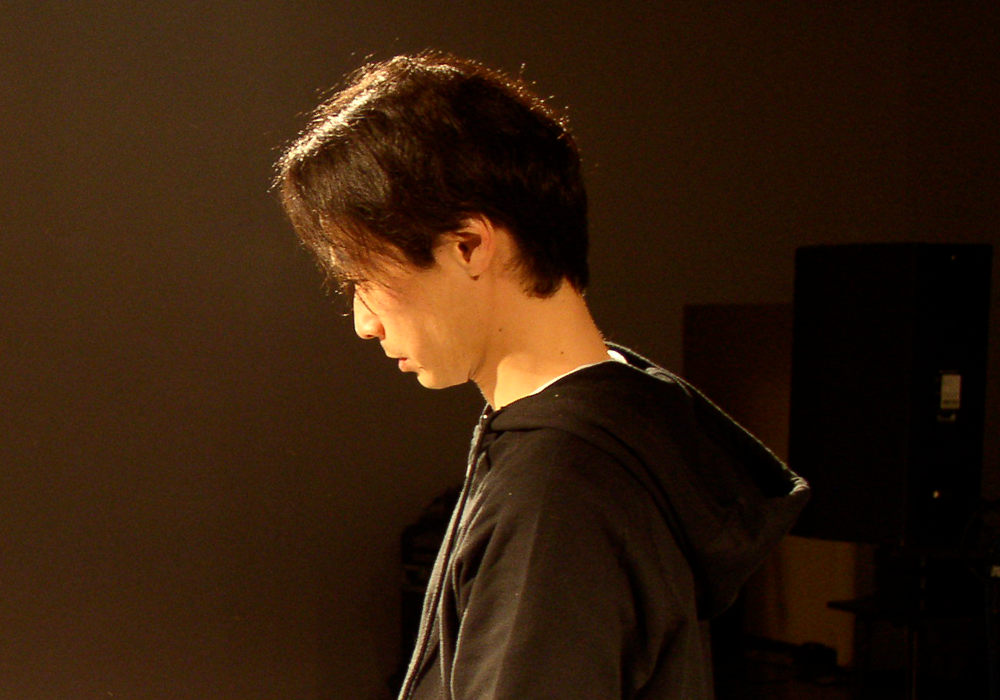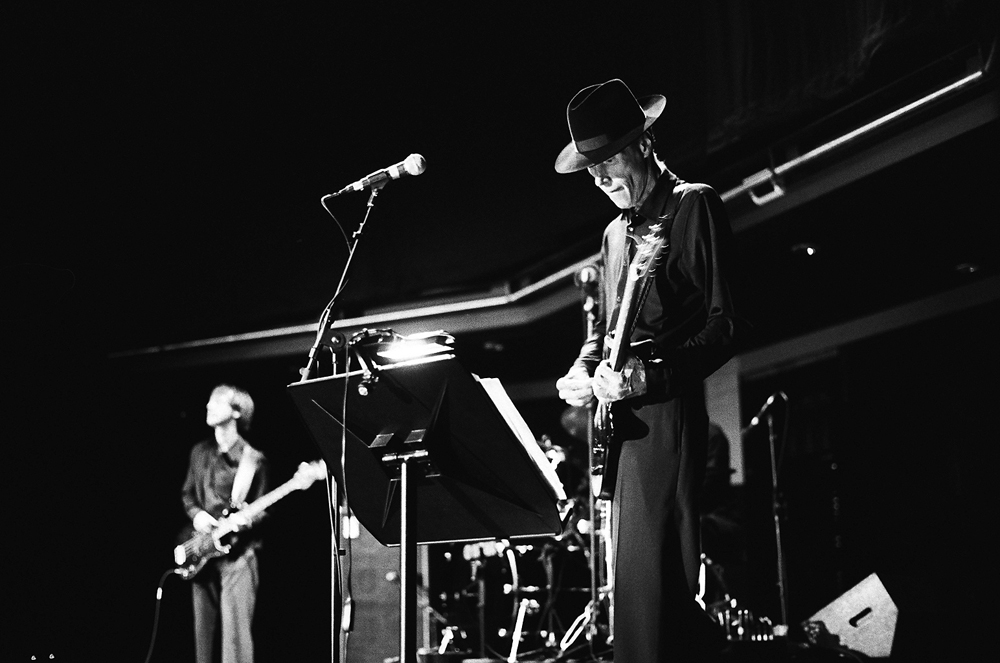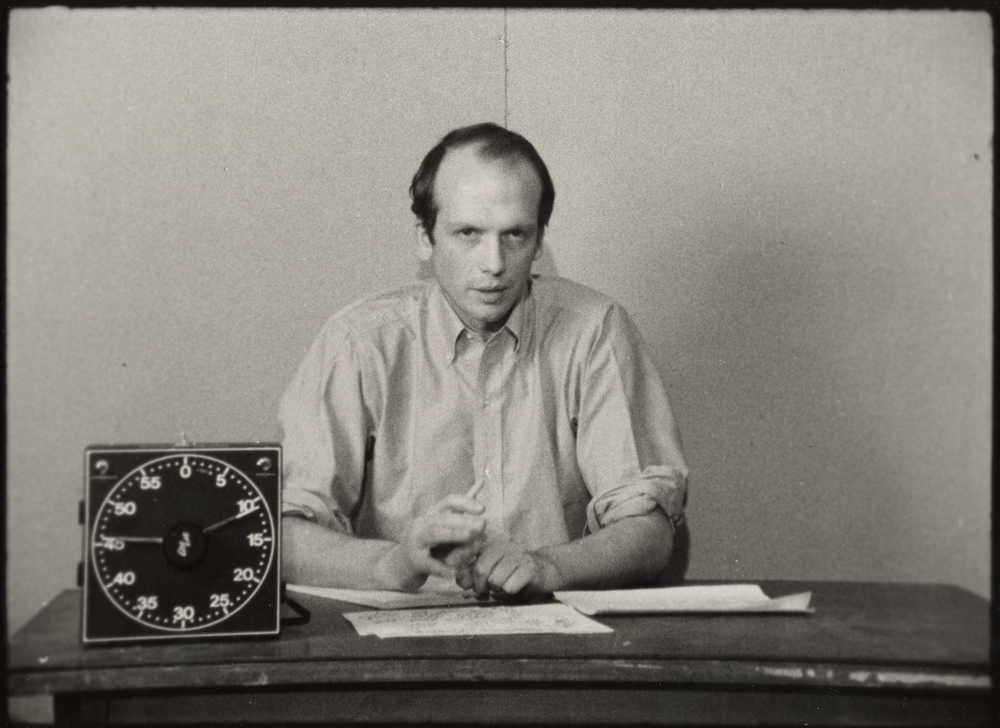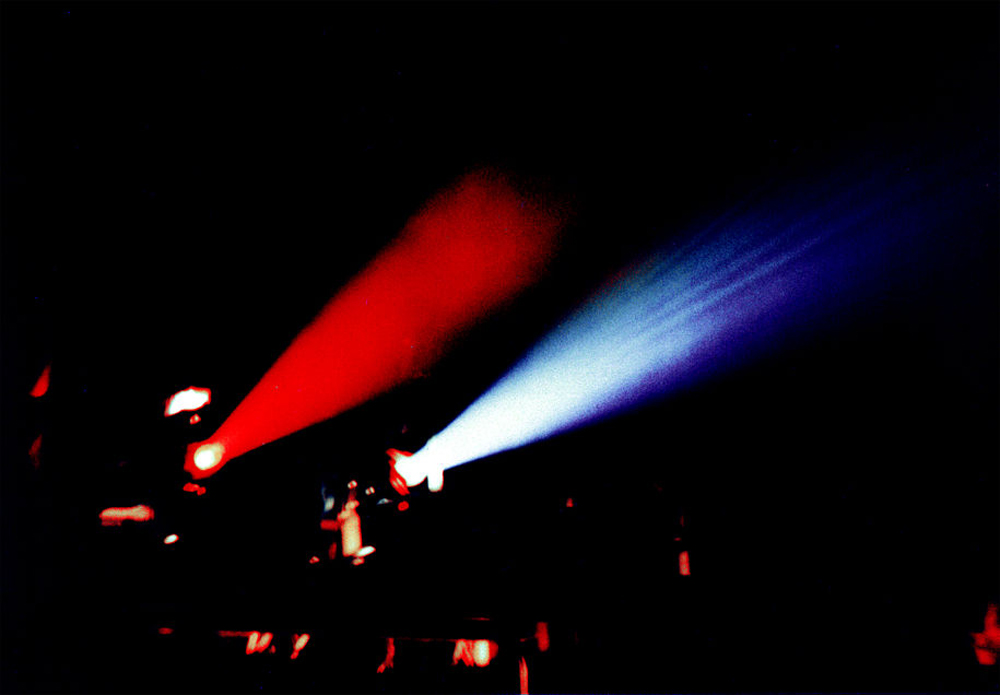
Formula [ver 1.1]
Ryoji Ikeda
Exploring the interplay between punk sinewave aggression, high-speed video sequences and stroboscopic lighting
Arika have been creating events since 2001. The Archive is space to share the documentation of our work, over 600 events from the past 20 years. Browse the archive by event, artists and collections, explore using theme pairs, or use the index for a comprehensive overview.

Exploring the interplay between punk sinewave aggression, high-speed video sequences and stroboscopic lighting

How do people both inside and outside of prison work together to dismantle the criminal justice system and build a society based on collective care?

Jandek’s second ever live performance, and the first to be advertised in advance.

Morgan Fisher is a filmmaker of great wit and charm who uses the tools of experimental film to dissect the basic presuppositions of commercial cinema.

Dual projections of pulsating shards of film, treated in crystallized salts and dyes merge with the whirring of projectors, distilled into particles of sound.

How do communities practice being one another’s means, addressing their material problems facing them replicating the state’s violent logic of who is disposable.

A double bill of A (imageless) film of nothing but a sound recording and its transcription and a found film of news interviews about Malcolm X’s assasination, where the filmmaker decided to add nothing to it, except our attention.

With Taku we’ll carry out some simple proposals for doing almost nothing, for re-thinking sound with whatever comes to hand.

What happens when you are engaged in a deep and extended artistic practice that intersects between literature and music, notation and improvisation, sight and sound?

A recorded a conversation that grounds the Episode, exploring Ailton Krenak’s thinking and distinct poetics of life; as it work against capitalism and fascism, as a denunciation of political alliances, and maybe even of ‘politics’.

Discussion: If we approach “care as an event” rather than as a “contract of exchange” then what becomes possible in how we know, care for, and appreciate each other?

Dworkin asks: What would a non-expressive poetry look like? A poetry of intellect rather than emotion?